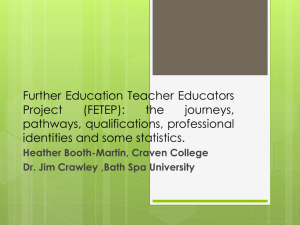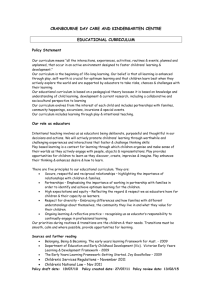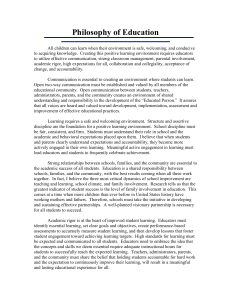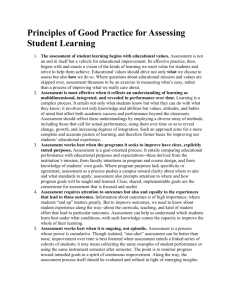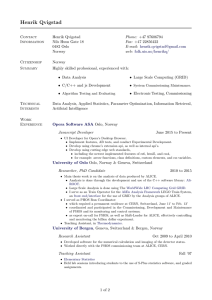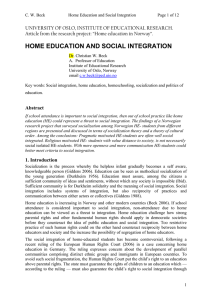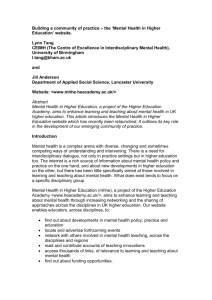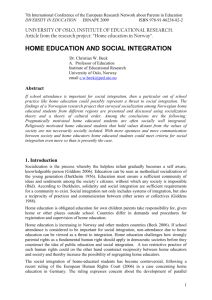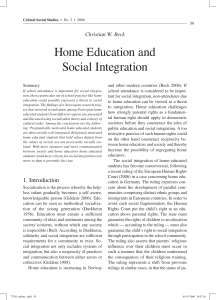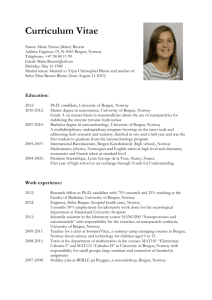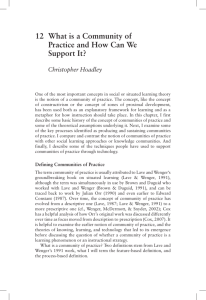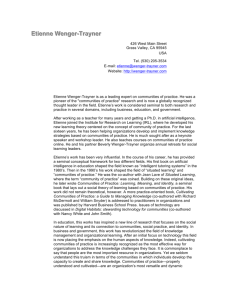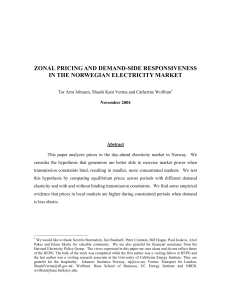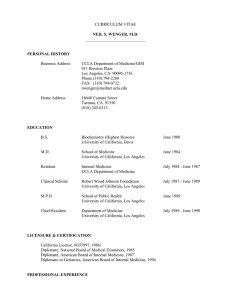Abstract
advertisement
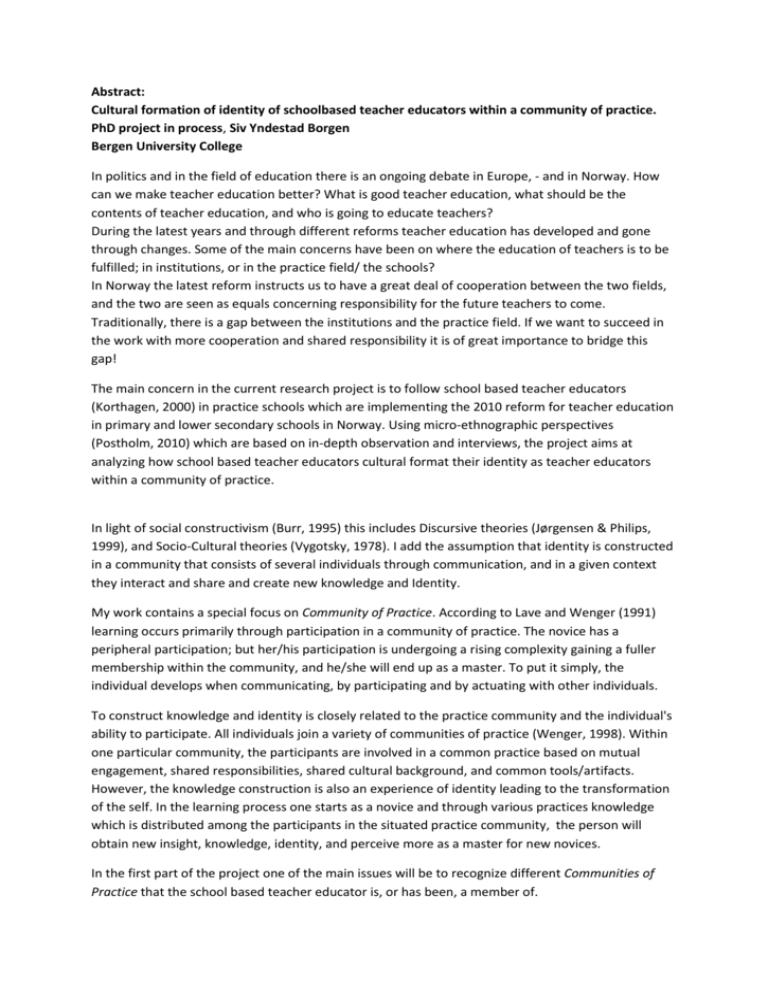
Abstract: Cultural formation of identity of schoolbased teacher educators within a community of practice. PhD project in process, Siv Yndestad Borgen Bergen University College In politics and in the field of education there is an ongoing debate in Europe, - and in Norway. How can we make teacher education better? What is good teacher education, what should be the contents of teacher education, and who is going to educate teachers? During the latest years and through different reforms teacher education has developed and gone through changes. Some of the main concerns have been on where the education of teachers is to be fulfilled; in institutions, or in the practice field/ the schools? In Norway the latest reform instructs us to have a great deal of cooperation between the two fields, and the two are seen as equals concerning responsibility for the future teachers to come. Traditionally, there is a gap between the institutions and the practice field. If we want to succeed in the work with more cooperation and shared responsibility it is of great importance to bridge this gap! The main concern in the current research project is to follow school based teacher educators (Korthagen, 2000) in practice schools which are implementing the 2010 reform for teacher education in primary and lower secondary schools in Norway. Using micro-ethnographic perspectives (Postholm, 2010) which are based on in-depth observation and interviews, the project aims at analyzing how school based teacher educators cultural format their identity as teacher educators within a community of practice. In light of social constructivism (Burr, 1995) this includes Discursive theories (Jørgensen & Philips, 1999), and Socio-Cultural theories (Vygotsky, 1978). I add the assumption that identity is constructed in a community that consists of several individuals through communication, and in a given context they interact and share and create new knowledge and Identity. My work contains a special focus on Community of Practice. According to Lave and Wenger (1991) learning occurs primarily through participation in a community of practice. The novice has a peripheral participation; but her/his participation is undergoing a rising complexity gaining a fuller membership within the community, and he/she will end up as a master. To put it simply, the individual develops when communicating, by participating and by actuating with other individuals. To construct knowledge and identity is closely related to the practice community and the individual's ability to participate. All individuals join a variety of communities of practice (Wenger, 1998). Within one particular community, the participants are involved in a common practice based on mutual engagement, shared responsibilities, shared cultural background, and common tools/artifacts. However, the knowledge construction is also an experience of identity leading to the transformation of the self. In the learning process one starts as a novice and through various practices knowledge which is distributed among the participants in the situated practice community, the person will obtain new insight, knowledge, identity, and perceive more as a master for new novices. In the first part of the project one of the main issues will be to recognize different Communities of Practice that the school based teacher educator is, or has been, a member of. The project is part of a broader program, Teacher professionalism, developed at the Center for Educational Research at Bergen University College. Starting point questions: How does the identity of the schoolbased teacher educator appear? What factors seem to be of importance in the identity process? References: Korthagen F.A.J. (2000). Teacher educators: from neglected group to spearhead in the development of education. In: G.M. Willems, J.H.J. Stakenborg & W. Veugelers. (eds.). Trends in Dutch teacher education. Garant, Leuven-Apeldoorn p. 35–48. Postholm, M.B, (2010). Kvalitativ metode. En innføring med fokus på fenomenologi, etnografi og kasusstudier. Oslo: Universitetsforlaget. Jørgensen, M.W., & Phillips, L. (2000). Diskursanalys som teori och metod. Lund: Studentlitteratur. Vygotsky, L.S (1978). Mind in Society. The Development of Higher Psychological Processes. Cambridge: Harvard University Press. Vygotsky, L.S. (2001). Tenkning og tale. Oslo: Gyldendal Norsk Forlag A/S. Wenger, E. (1998). Communities of practice. Learning, Meaning and Identity. Cambridge: University Press.
